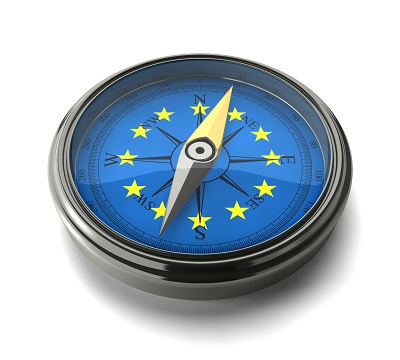I sent the following letter on the Financial Times (which ran it last week):
Sir – All that glitters is not gold. Ursula von der Leyen’s vision of EU as regulatory superpower (Brussels’ new-look team raises stakes with Trump, September 11) may look superficially attractive – but it does not necessarily swithtand a closer scrutiny.
The rules of the game are not there to produce a certain foreign policy outcome: what they should do is allow for genuine competition between economic actors. In the economy, like in sports, the umpire is not expected to side with one team or the other. The presumption of the economic game to be a fair one is predicated upon this hope of equanimity and equidistance.
But if rules are there to make of whatever political unit a “superpower”, they presuppose that the umpire takes sides. A superpower reasons politically and geopolitically: it ought to move tactically and strategically, to pursue its own goals. An umpire rules by the book.
Businesses need the rule of law and a strong legal environment to thrive and prosper. Would it not be admirable, if the new Commission was to focus on making the rule of law great again, instead of making regulation a tool of geopolitics?
This is, I am afraid, a hopeless fight. Even people who do believe in the rule of law are often eager to make an exception if we need “our team” to prevail on the other. In a sense, the troublesome development of “national conservatism” in the US is all about that. Conservatives, who used to be champions of the rule of law, and, for example, criticized policies as different as tariffs and antitrust precisely because they open the door to more discretionary power, are now all in favour of those very policies- that can, of course, be properly managed and trimmed, for the sake of national greatness.
At the end of the day, the problem is perhaps really this tendency of splitting the world between us and them. A few of us never quite understood it. Why should an Italian employer be better than a French one for an Italian employee? Why should I favour a shop because it claims to share my identity, as opposed to the prices it charges or the products it sells? I never quite got this, but identity, us and them, my team and the other is the way in which most people reason – and politicians take due notice of them.


READER COMMENTS
Mark Brady
Sep 17 2019 at 11:39am
“Conservatives, who used to be champions of the rule of law, and, for example, criticized policies as different as tariffs and antitrust precisely because they open the door to more discretionary power, are now all in favour of those very policies- that can, of course, be properly managed and trimmed, for the sake of national greatness.”
Historically conservatives in the United States have favored tariffs and antitrust. It was only after World War Two that they favored lower tariffs and a diminished role for the antitrust authorities.
Comments are closed.